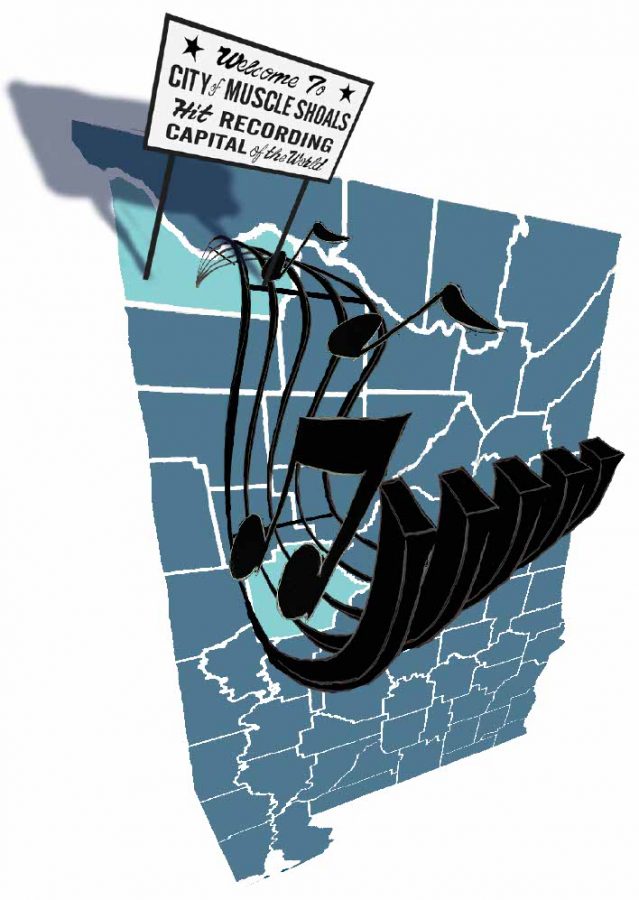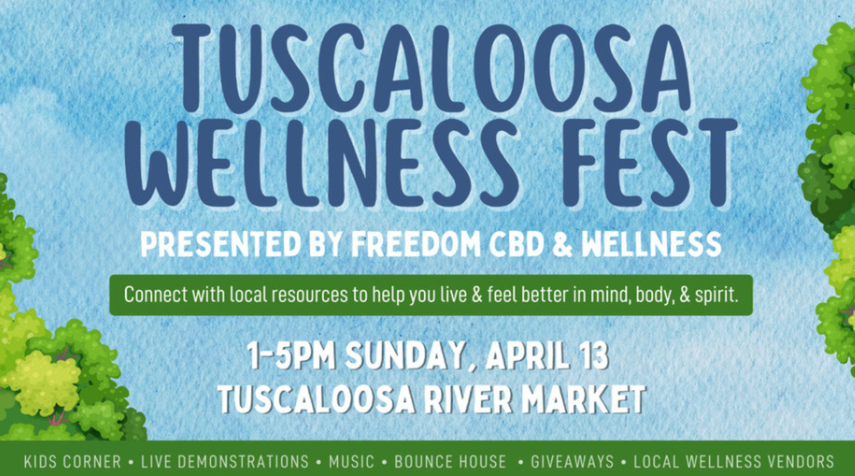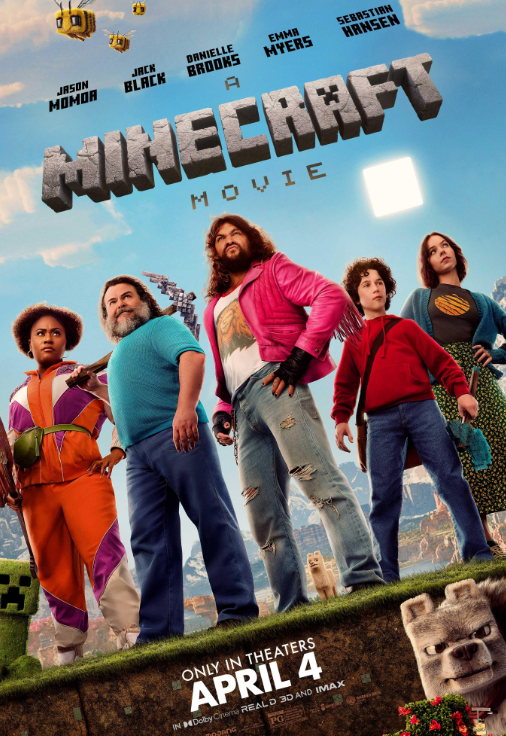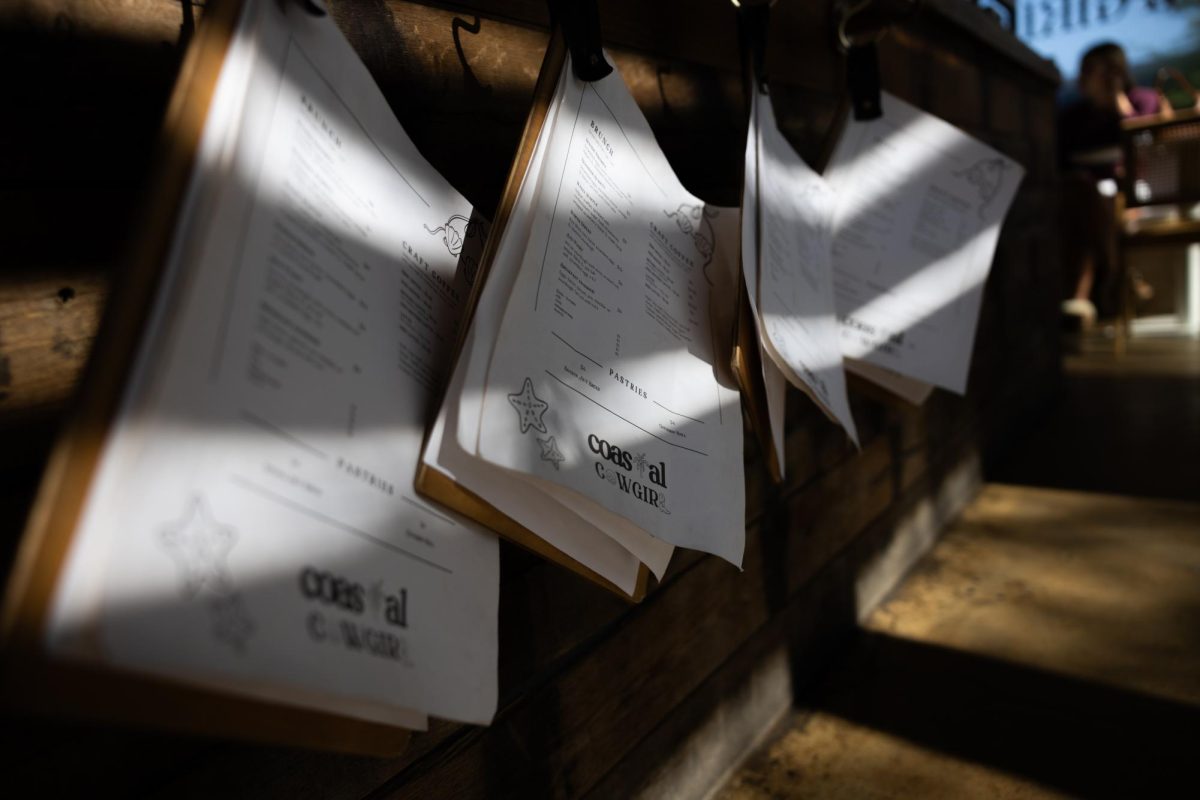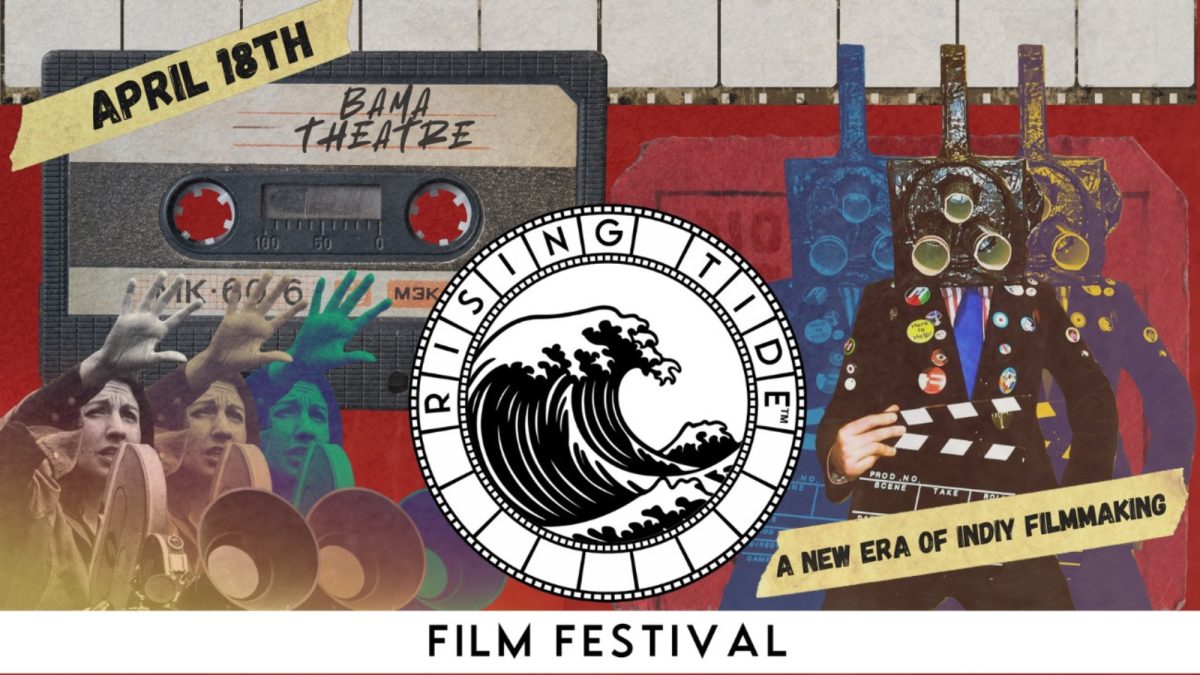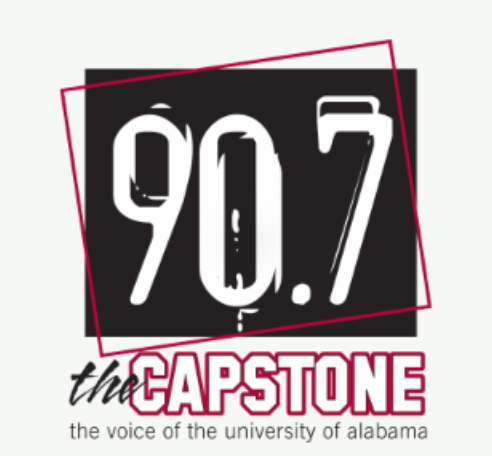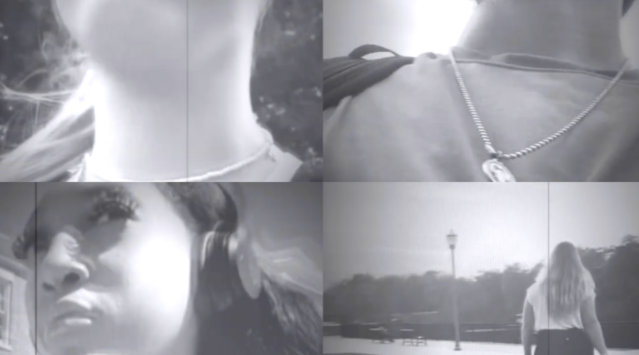We’ve played it in our cars driving through campus. We’ve sung it with crowds of 100,000-plus Alabama fans in Bryant-Denny Stadium. We’ve adopted it as our unofficial anthem, chanting “Roll Tide Roll” throughout the chorus.
Chances are, if you attend The University of Alabama, you’ve heard Lynyrd Skynyrd’s “Sweet Home Alabama” more times than you can count. Listen closely to the lyrics, though, and you’ll hear a shout out to the “Swampers,” a group of musicians from a small town in northern Alabama – a legendary music town called Muscle Shoals.
With a population of about 13,000 – 80,000 less than that of Tuscaloosa – Muscle Shoals might seem like an unlikely city to go down in music history. Yet artists like Aretha Franklin, Otis Redding, The Rolling Stones, Bob Dylan, Paul Simon – and more recently, The Black Keys – have traveled from near and far to record there.
“Back in the ’60s and ’70s, it was a handful of people deciding that they could do it here, that they didn’t have to go to Nashville or L.A. or New York,” said Ben Tanner, Alabama Shakes keyboardist and Muscle Shoals native. “They could do it here and still have those records heard.”
Muscle Shoals and neighboring cities Florence, Ala., Sheffield, Ala., and Tuscumbia, Ala., are collectively known as “The Shoals,” and their story began in 1959 with the foundation of FAME Recording Studios. Throughout the 1960s and 1970s, studio owner Rick Hall produced a seemingly endless series of hits that included Wilson Pickett’s “Mustang Sally” and Aretha Franklin’s “I Never Loved A Man,” among many others.
In 1969, a group of FAME’s session musicians known as the Muscle Shoals Rhythm Section (or, as Lynyrd Skynyrd called them, the Swampers) left FAME to open Muscle Shoals Sound Studios. It was here that they coined the famous term “Muscle Shoals Sound” to describe the area’s signature blend of rock ‘n’ roll, R&B and country music.
It may be iconic in the music world, but Tanner doesn’t believe the “Muscle Shoals Sound” actually exists.
“As a recording engineer, the idea of the ‘Muscle Shoals Sound’ is silly to me,” Tanner said. “When they say that, people are only talking about a couple of years – mid to late ‘60s at FAME Studios. After that, if you listen to those records, sonically they don’t have that much in common.”
JD McCorkle, an independent artist manager and booking agent, spent about 14 years working in the Muscle Shoals music scene. Although he predicts the “Muscle Shoals Sound” will eventually make a comeback, McCorkle said the area’s current music doesn’t fit into any particular mold.
“I think [Muscle Shoals] has a ‘soul’ more than a ‘sound,’” McCorkle said. “Older musicians and music historians talk about the ‘feel’ of the music that came out of the studios in their heyday. Many of the bands there now have that feeling in their music.”
Historically, Muscle Shoals’ contribution to music has always been the songs and albums recorded at FAME and Muscle Shoals Sound Studios. Artists would travel to The Shoals, record their music and then leave. Despite its hit-producing reputation, the area has never had much local or live music.
However, in the past few years, Muscle Shoals has seen an influx of local talent and has started developing its own distinctive music scene.
“When I was growing up in Muscle Shoals, there wasn’t much of a music scene at all,” McCorkle said. “There’s definitely much better music coming from the area. The sounds are also much more varied than they used to be.”
Tanner, who also grew up in Muscle Shoals, said he’s noticed similar changes.
“I think that the spirit went away for a while, but there’s been a rejuvenation recently,” Tanner said. “There’s something a little mysterious about it. I take it for granted because I’m from here, but people come here from other places, and they’re kind of blown away by the talent that’s here.”
In addition to the Alabama Shakes, Tanner has worked with several bands based out of Muscle Shoals, including TheBear, Belle Adair and the Pollies. In January, he founded Single Lock Records, a Muscle Shoals-based record label, along with Will Trapp and the Civil Wars’ John Paul White.
“For the past few years, I’ve been working on a lot of records with local artists,” Tanner said. “There’s always a pretty limited budget, and that sort of gets in the way of what you wanna do creatively. [The label] started from conversations about helping these bands make a record and not have to bear as much of a financial burden to make the records they wanna make.”
Louisa Murray of TheBear, a band signed under Single Lock Records, said The Shoals’ history helps inspire the music created there today.
“There are so many amazing recordings that came from this area,” Murray said. “That makes the local musicians feel like there are pretty big shoes to fill. I think that pushes everyone to try a little harder.”
Tuscaloosa, just a 2 1/2 hour drive away, tends to be a popular tour destination for many Muscle Shoals-based bands. TheBear, Belle Adair and St. Paul and the Broken Bones, the three bands signed under Single Lock Records, have all played in Tuscaloosa multiple times.
“[Tuscaloosa and Muscle Shoals] both seem to have a lot of people who come to shows to really listen to the music,” TheBear’s Nathan Pitts said. “The Shoals has been very short on venues until recently, but Tuscaloosa is lucky enough to have a few good options.”
Tanner said he’s been to Tuscaloosa dozens of times, playing everywhere from Egan’s and Green Bar to the Bama Theatre and the Tuscaloosa Amphitheater.
“I always like playing Tuscaloosa,” Tanner said. “As much as it’s kind of a crappy dive bar, Egan’s is one of my favorite places. There’s an energy I really like.”
Tuscaloosa’s live music scene has some advantages over Muscle Shoals’, Tanner said.
“Tuscaloosa’s cool now,” Tanner said. “The thing that Tuscaloosa has over [Muscle Shoals] big time is that there are a variety of places to play. There’s bars, there’s the Bama Theatre, there’s the amphitheater. Tuscaloosa has tiers of places to play, which is really good, especially for bringing touring bands through.”
Muscle Shoals will always be a bit of a mystery. How did all those hits come out of that small, obscure town? What makes Muscle Shoals so special?
“The song comes first,” Tanner said. “It’s less about being a flashy player and showing off what you can do with a solo and more about ‘How can I make this song good? What’s my role? What’s my part to play in this song?’ The song is the real center and focal point. That’s what makes [Muscle Shoals] special.”



